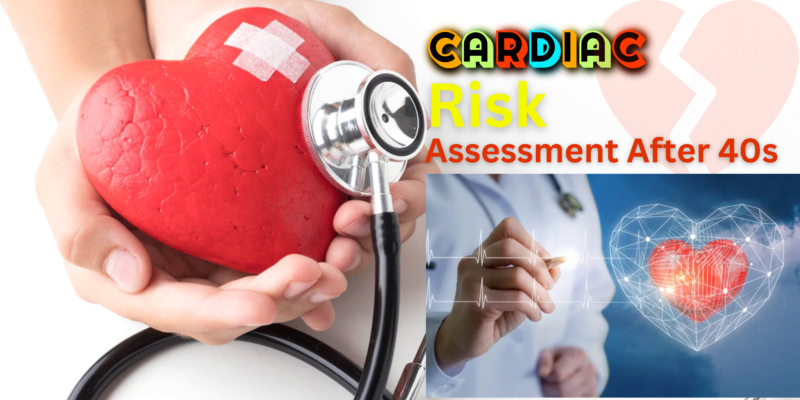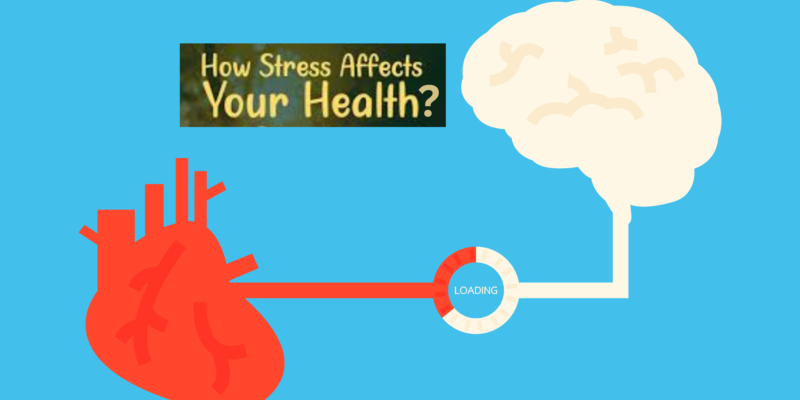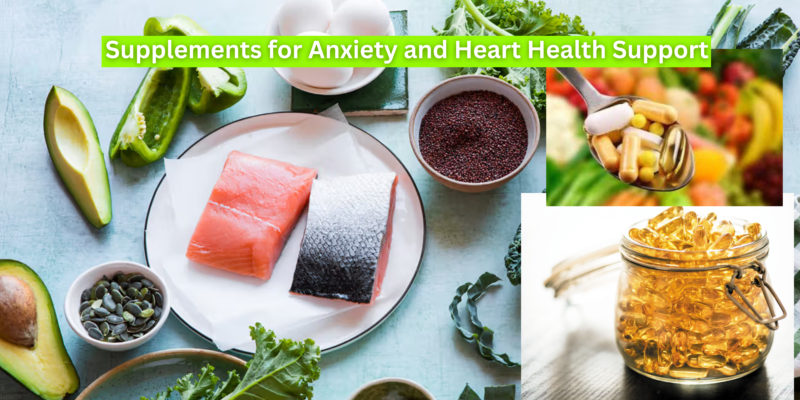Supplements for Heart Health: Do They Have a Positive Impact?
Introduction
Anxiety has become a common issue in today’s fast-paced world, affecting mental and physical health alike.Chronic anxiety can elevate stress hormones like cortisol, increasing blood pressure, inflammation, and the risk of cardiovascular diseases. Conversely, heart conditions can trigger anxiety, creating a vicious cycle. This article explores whether supplements and lifestyle balance can break this cycle, easing anxiety while protecting heart health. We’ll dive into science-backed strategies, key supplements, and holistic practices to empower your well-being.

Many wonder if supplements and a balanced lifestyle can effectively reduce these risks.While traditional treatments include medication and therapy, natural methods like supplements, exercise, and relaxation techniques are gaining attention.These approaches offer dual benefits by addressing anxiety and supporting heart health simultaneously. Let’s delve into how supplements and balance might hold the key to easing anxiety while protecting your heart.
How Stress Affects Anxiety and Heart Health?
Anxiety isn’t just a mental health issue—it has tangible effects on your heart. Here’s how chronic stress and anxiety harm cardiovascular health:

- Cortisol Overload: Prolonged stress raises cortisol levels, leading to high blood pressure and arterial damage.
- Inflammation: Anxiety triggers inflammatory responses, a key driver of atherosclerosis (plaque buildup in arteries).
- Unhealthy Coping Mechanisms: Stress often leads to poor habits like smoking, overeating, or sedentary lifestyles, worsening heart risks.
- Autonomic Nervous System Imbalance: Anxiety disrupts the balance between the “fight-or-flight” (sympathetic) and “rest-and-digest” (parasympathetic) systems, straining the heart.
Supplements for Anxiety and Heart Health: What Works?
Certain supplements can support both emotional balance and cardiovascular function. Here are the top science-backed options:

Omega-3 Fatty Acids
- Benefits: Reduce inflammation, lower triglycerides, and improve brain function. Studies show omega-3s decrease anxiety symptoms.
- Sources: Fatty fish (salmon, mackerel), algae oil, or 1,000–2,000 mg daily of EPA/DHA supplements.
Magnesium
- Benefits: Regulates neurotransmitters (like serotonin) and blood pressure. Low magnesium levels are linked to anxiety and arrhythmias.
- Sources: Spinach, almonds, or 200–400 mg of magnesium glycinate daily.
Ashwagandha
- Benefits: An adaptogen that lowers cortisol, improves stress resilience, and may reduce LDL cholesterol.
- Dosage: 300–600 mg of root extract daily.
L-Theanine
- Benefits: Found in green tea, it promotes relaxation without drowsiness and supports healthy blood pressure.
- Dosage: 100–400 mg daily.
Vitamin B Complex
- Benefits: B vitamins (especially B6, B9, B12) regulate homocysteine levels (linked to heart disease) and support neurotransmitter production.
Caution: Always consult a healthcare provider before starting supplements, especially if taking medications like blood thinners.
Lifestyle Balance: Daily Habits to Calm Anxiety and Protect Your Heart
Achieving optimal mental and cardiovascular health requires a blend of targeted supplements and mindful lifestyle habits. Here’s how to integrate both effectively, with actionable strategies:

Morning Routine for a Calm Start
- Supplement Boost:
- Take omega-3 fatty acids (1,000–2,000 mg) and ashwagandha (300–600 mg) with breakfast to reduce inflammation and stress.
- Mindful Practices:
- Spend 5 minutes practicing deep breathing or journaling gratitude to set a positive tone.
- Hydrate with warm lemon water to kickstart metabolism and detoxification.
Afternoon Habits to Sustain Energy
- Movement Breaks:
- Walk outdoors for 15–20 minutes to lower cortisol and improve circulation.
- Stretch or do desk yoga to release muscle tension.
- Smart Snacking:
- Pair magnesium-rich foods like almonds, spinach, or dark chocolate with a L-theanine supplement (100–400 mg) for focused calm.
Evening Practices for Relaxation
- Wind-Down Rituals:
- Sip chamomile or passionflower tea to promote sleep readiness.
- Take magnesium glycinate (200–400 mg) 1–2 hours before bed to support relaxation and heart health.
- Digital Detox:
- Avoid screens 60 minutes before sleep to enhance melatonin production.
Weekly Goals for Long-Term Balance
- Nutrition Planning:
- Meal-prep heart-healthy dishes (e.g., grilled salmon, quinoa, roasted veggies) to avoid stress-induced junk food cravings.
- Include probiotic-rich foods like yogurt, kimchi, or kefir to support gut-brain harmony.
- Mind-Body Sessions:
- Attend a yoga class, meditation workshop, or therapy session to address anxiety holistically.
Track and Adjust
- Monitor blood pressure, heart rate, and anxiety levels monthly.
- Use apps like MyFitnessPal or Headspace to log supplements, meals, and mindfulness habits.
- Adjust routines based on progress—e.g., increase dosage or try new stress-relief techniques.
FAQs About Supplements, Anxiety, and Heart Health
Q. Are supplements safe for everyone?
A.While many supplements are well-tolerated, they can interact with medications Always consult a doctor, especially if pregnant or managing chronic conditions.
Q. How long does it take to see results?
A.Supplements like L-theanine may work within hours, while omega-3s or ashwagandha might require 4–8 weeks. Lifestyle changes often show benefits in 2–3 months.
Q. Can lifestyle changes replace anxiety medications?
A.Never stop prescribed medications without medical guidance. However, supplements and lifestyle adjustments may complement treatment under supervision.
Q. What’s the best supplement for both anxiety and heart health?
A.Omega-3s are a top choice due to their dual anti-inflammatory and neuroprotective effects.
Q. When should I seek professional help for anxiety?
A.If anxiety interferes with daily life, causes chest pain, or is accompanied by suicidal thoughts, seek immediate medical care.
Conclusion: A Holistic Path to Calm and Cardiovascular Wellness
Reducing anxiety and heart risks isn’t about quick fixes—it’s a journey of nurturing your body and mind. Supplements like omega-3s, magnesium, and ashwagandha can fill nutritional gaps, while habits like mindful eating, exercise, and meditation address root causes of stress. By integrating these strategies, you’ll not only ease anxiety but also build a stronger, healthier heart. Always work with a healthcare professional to tailor this approach to your unique needs

